is teaching çlessons for 3 (third) yearand search for educational activities ready to print? You're in the right place! we of education and transformation, we selected several suggestions, check out:
Science activities for the 3rd year ready to print and apply in the classroom or as a homework assignment.
Index
Check out our selection of activities 3rd year of science:
Let's make a poster about the different trees in our planet?

Don't forget to write your name, series and date on the back of the poster!

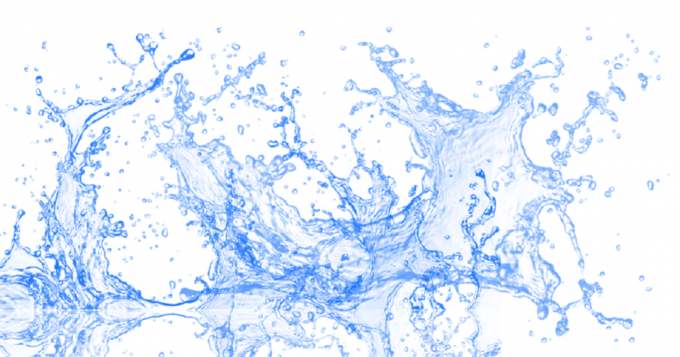
The main purpose of this activity (Physical states of Water) is to observe the cycle of water and identify the passages of physical states.
For this activity we will need the following materials:
Procedure:

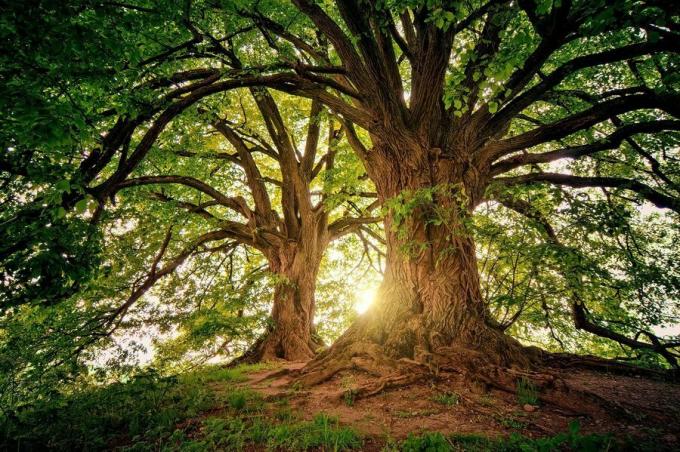
For thisscience education activity we will need: 1 plastic cup, 1 saucer, enough earth to fill the cup, 30 seeds of canary seed, fine brush and gouache paint
The main purpose of the activity (nature) is:
The purpose of this activities about solar energy and its importance for planting them is to identify sunlight as the basic source of energy for life on Earth, concluding that all life on the planet depends directly or indirectly on sunlight.
So that this can be done activity we will need the following materials:
After a few days, ask students to comment on what happened to the cup that was in the dark and what was exposed to sunlight. Then discuss the need for solar energy for plant growth, concluding that the sun is our main source of energy. Show how indispensable it is for life on Earth.
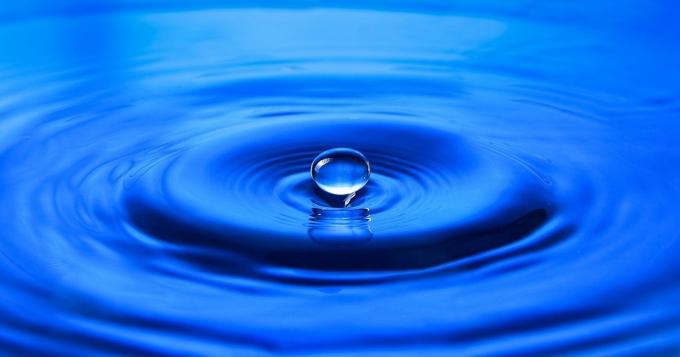
It is science activity for 3rd year students Its main objective is to Recognize the problem of water contamination, the damage caused to life by water pollution.
For this science activity 3 year we will need the following materials:
For the first experience:
For the second experience:
For the third experience:



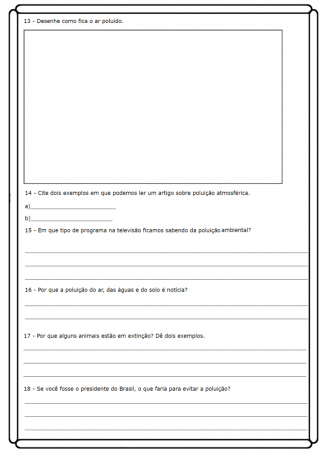
Check out a wide selection of Science activities for the 3rd year, ready to print:
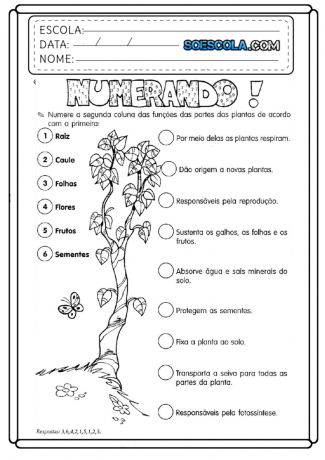





To make it easier for you, we decided to also make some Science activities for the 3rd year in PDF.
To access the material, check the following links and download it:
Subscribe to our email list and receive interesting information and updates in your email inbox
Thanks for signing up.